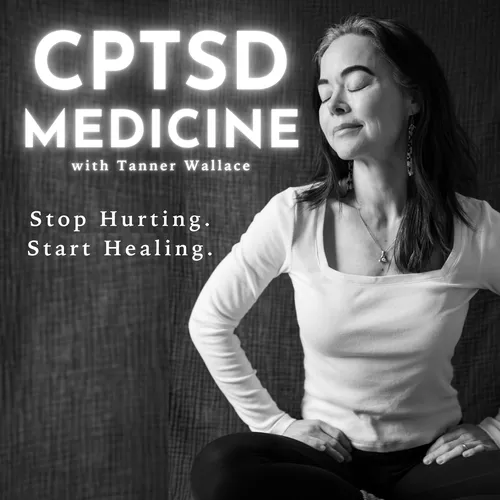Radical Responsibility for Self Healing
- Author
- Tanner Wallace, PhD
- Published
- Wed 08 Jun 2022
- Episode Link
- https://cptsdmedicine.com/
What is the importance of taking radical responsibility in healing from trauma?
Complex trauma and complex post-traumatic stress disorder (CPTSD) are profound conditions that can disrupt an individual's emotional and cognitive processes, often manifesting in chaotic decision-making and struggles in interpersonal relationships. Tanner, who is in her own deep healing process, offers a unique perspective shaped by personal experiences and professional interactions with clients. She views the journey of healing as a daunting yet essential path, initiated by a deep yearning for relief, and underscores the importance of survivor-led recovery strategies. Central to Tanner's approach is the belief in radical responsibility and introspection, advocating for self-reflection and the dismantling of negative self-concepts as crucial steps towards reclaiming one's sense of self and well-being.
Key TakeAways
- Healing is a process, not just an outcome, and making energetic commitments towards one's healing journey is crucial.
- Complex trauma can manifest in chaotic thought processing patterns and disproportionate emotional responses to relational experiences, underscoring the need for introspection and external reflection in the healing process.
- Recognizing aspects of complex trauma like chaotic thought patterns and self-doubt is essential for beginning a healing process and addressing the root causes of these challenges.
- Consumption of psychoeducational content is highlighted as part of trauma recovery, but transformation occurs when new knowledge is applied, observed, and reflected upon, leading to growth and evolution.
Actionable Insights
- Take radical responsibility for your healing journey
- Acknowledge that the power to heal lies within yourself
- Recognize the impact of complex trauma on decision-making, relationships, and self-perception
- Engage actively with psychoeducational content in trauma recovery
